More than a Grade
Online School and its Effects on Mental Health
This is what ‘school’ looks like to over 93% of students according to Census.org. However the long term mental effects that virtual learning poses to students can have negative consequences according to junior Kylie Scheible. “I never thought this is how I’d be spending my year.” Scheible said. “A lot has changed since last year and for the most part it hasn’t been that great.”
December 18, 2020
COVID-19 has caused over 93% of students to attend some form of distance learning according to Census.org. This study raised concerns over the long-term effects that distance learning may have on a student’s health. Mental health is just as important if not more important than physical health for students according to the SPRC, and their studies have shown that grades, assignments and GPA are known to be causes of stress and anxiety for students.
“Regular school can be hard enough, but not being able to directly speak or interact with people can sometimes feel really isolating,” senior Keyona Williams said. “It’s hard sometimes waking up and not being able to say ‘Hi’ to friends or ask my teacher in person if I need help. It’s especially difficult when it’s on a day to day basis.”
Isolation is a major hindrance to a person’s mental health according to Nami. They stated that isolation not only stresses adults and teens alike but can have long term negative effects that can last almost a decade. This may be concerning to some as Insider has stated that quarantine has made people more socially isolated overall. Isolation isn’t the only impediment that virtual learning poses.
“I feel like [virtual learning] has really inhibited my learning capabilities,” junior Kylie Scheible said. “Personally I feel like I learn better immersed in an environment where there are way less distractions than at home, and at the end of the day I’m able to leave that environment and when I do it’s super liberating. But learning at home makes it feel like it’s infringing on my personal life, especially learning in my own bedroom which is my safe space, but with school the environments are clashing and it gives me anxiety.”
Scheible isn’t the only student to feel this way, according to Edutopia many students are still struggling to adapt and replicate the engagement in a normal classroom. Virtual students feel that it is harder to maintain grades and manage anxiety; this can lead to many students feeling overwhelmed and stressed according to Edsource. Junior Rece Merrill feels that going back to in-person might be the change necessary to improve her situation.
“I feel like if I was in-person it would be easier for me to keep track of everything,” Merrill said. “Hopefully it would stop teachers from giving out undue amounts of assignments, and also I would be able to talk with more people and get a sense of routine”.
Adapting to virtual learning has been an experience like no other according to Census.org. Merill believes that social media has helped her stay in contact with her friends and keep a sense of community. She also feels that her virtual learning experience has some benefits as well.
“I couldn’t imagine what this quarantine would feel like if I didn’t have my phone,” Merill said. “Adults love complaining about how much we are on our phones but in the middle of a pandemic, it’s never been more important. I honestly don’t know if this pandemic would’ve turned out differently if I didn’t have my phone”.
While virtual learning can cause a multitude of added stress to some students, it can also come with benefits for others. Not every student does well in a classroom setting and some struggle with social anxiety according to Vox. Junior Raniyah Leneau feels that in-person has benefited her greatly.
“I feel more comfortable with myself and how I handle things without the social pressure of classmates or teachers watching over you,” Laneau said. “I enjoy not worrying how I present myself at school, like not caring about what I wear makeup or if I’m going through a hard time physically or just not having to talk to other people to be honest.”

![Posing with their UIL State Trophy, the Robolobos Van Halen Team beams with excitement after their win. “It was a team effort,” junior Noah Vo said. “I was happy because something happened in the first match and the match was also really close. So [when] they finally revealed it, I was pretty happy.” Photo courtesy of Amy Lovelace](https://cphswolfpack.com/wp-content/uploads/2025/05/IMG_0910-EDIT-1200x723.jpg)

![Broadcast, yearbook and newspaper combined for 66 Interscholastic League Press Conference awards this year. Yearbook won 43, newspaper won 14 and broadcast took home nine. “I think [the ILPC awards] are a great way to give the kids some acknowledgement for all of their hard work,” newspaper and yearbook adviser Paige Hert said. “They typically spend the year covering everyone else’s big moments, so it’s really cool for them to be celebrated so many times and in so many different ways.”](https://cphswolfpack.com/wp-content/uploads/2025/05/edited-ILPC.jpg)











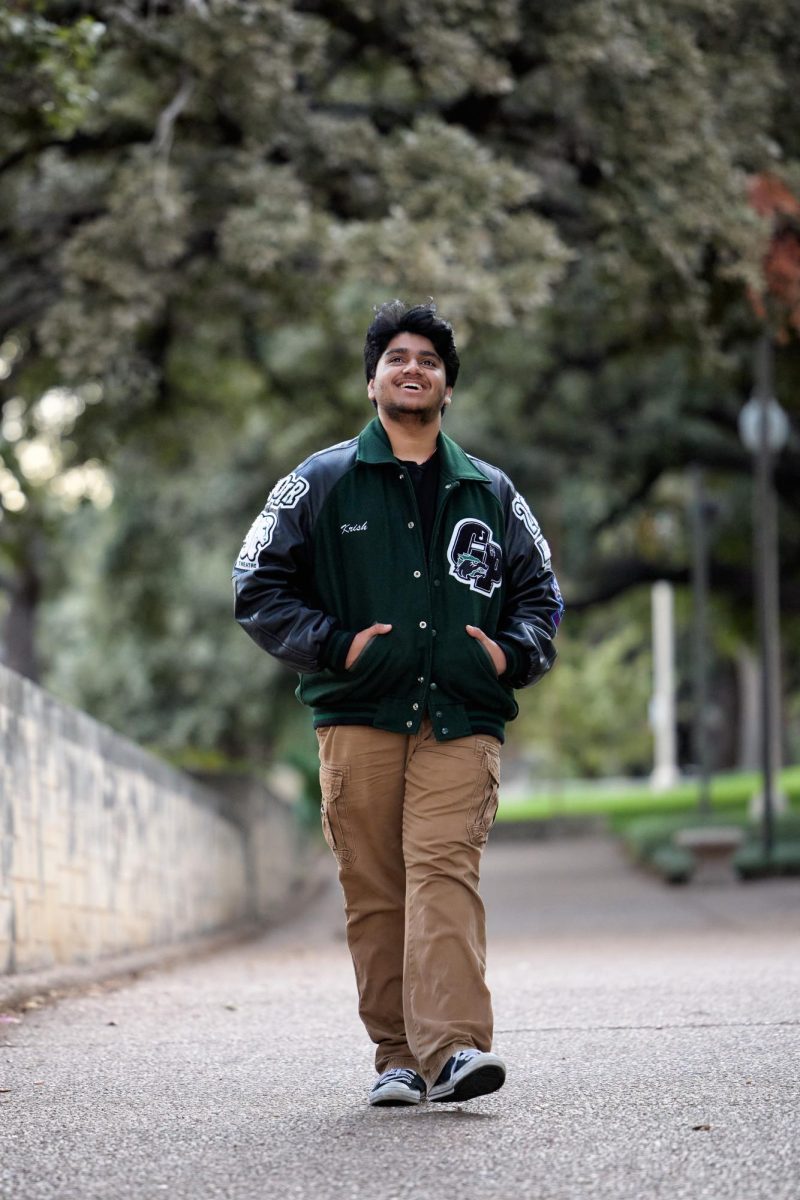

![Bringing her arm over her head and taking a quick breath, junior Lauren Lucas swims the final laps of the 500 freestyle at the regionals swimming competition on date. Lucas broke the school’s 18-year-old record for the 500 freestyle at regionals and again at state with a time of 4:58.63. “I’d had my eye on that 500 record since my freshman year, so I was really excited to see if I could get it at regionals or districts,” Lucas said. “ State is always a really fun experience and medaling for the first time was really great. It was a very very tight race, [so] I was a bit surprised [that I medaled]. [There were] a lot of fast girls at the meet in general, [and] it was like a dogfight back and forth, back and forth.” Photo by Kaydence Wilkinson](https://cphswolfpack.com/wp-content/uploads/2025/03/Kaydence-2.7-23-edit-2.jpg)
![As the support team sits and poses for a photo in the cafeteria with the counseling team they eagerly wait to start their day. "We [all] seem to be a team, I get up every day and there's days where I don't want to go to work today, but I'm thankful that I have a job and I'm blessed to have what I have," Christopherson said. Photo Courtesy of Julie Weltens.](https://cphswolfpack.com/wp-content/uploads/2025/01/AF9E8470-10D7-4C91-BF28-EC8F86BAB66C-1200x852.jpeg)
![Officer Stephanie Cash is in her second year as an SRO at CPHS. “Seeing [students] grow over the years has been kind of cool,” Officer Cash said. “Freshmen that [are] all over the place and then in the next couple of years get a little more squared away and go to class and do work and start thinking about the future. Being a part of a student's growth is the best way to measure my success as an SRO.” Photo Courtesy of Cedar Park Police Department's PIO, Alicia Gallagher.](https://cphswolfpack.com/wp-content/uploads/2024/12/CPHS-SRO-900x1200.jpg)


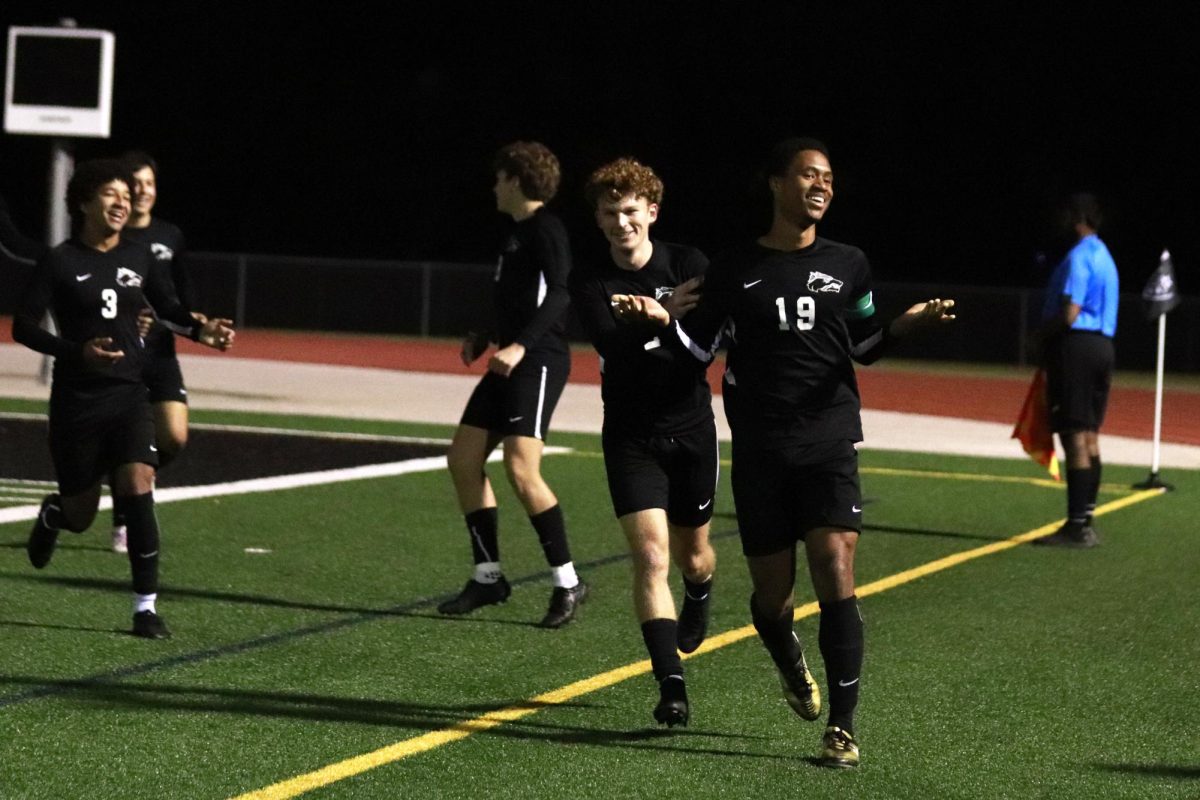
![Taking a breath as he raises his arm up and out of the water, sophomore Kaden Padilla swims the 500 freestyle at the UIL state meet on Feb. 21-22. Padilla placed 10th overall and second in the consolation final in the event, dropping two seconds. “My family was there, so being able to drop time for them was really special,” Padilla said. “It was awesome [finding out I advanced to the consolation finals]. I wasn’t expecting it, and I was very surprised. My parents being there definitely made me a lot happier knowing they got to see me swim in finals.” Photo by Skyler King.](https://cphswolfpack.com/wp-content/uploads/2025/03/kaden-padilla.jpg)

![Three defenders try to stop senior point guard Hope Edwards before the ball leaves her hands. The girls basketball team faced Liberty Hill on Feb 21, losing 58-40. “[My season was] definitely bittersweet,” Edwards said. It's definitely sad [because] I'm gonna miss all my teammates, my coaches and just the whole CP environment.”](https://cphswolfpack.com/wp-content/uploads/2025/03/julia-128-1200x800.jpg)













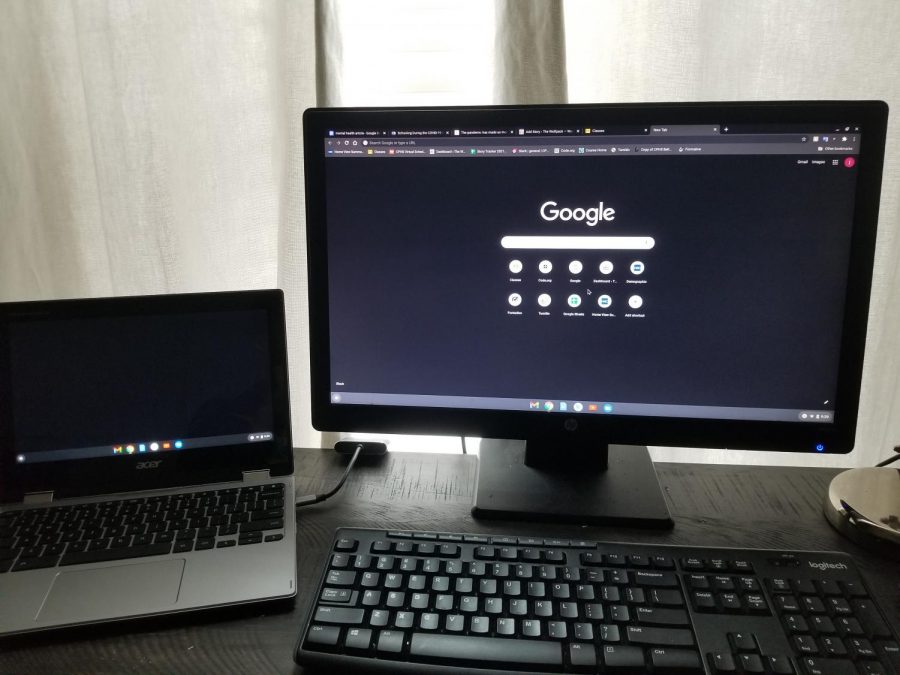







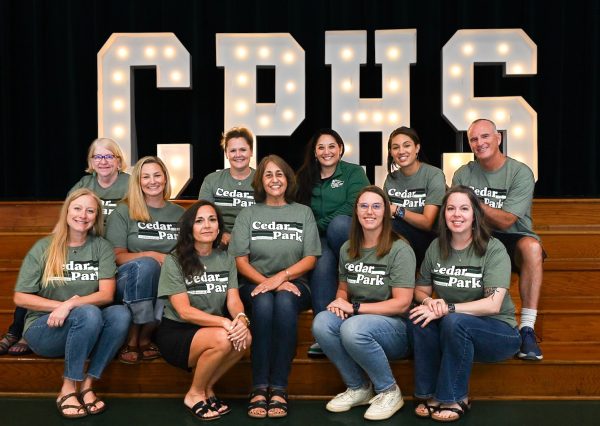
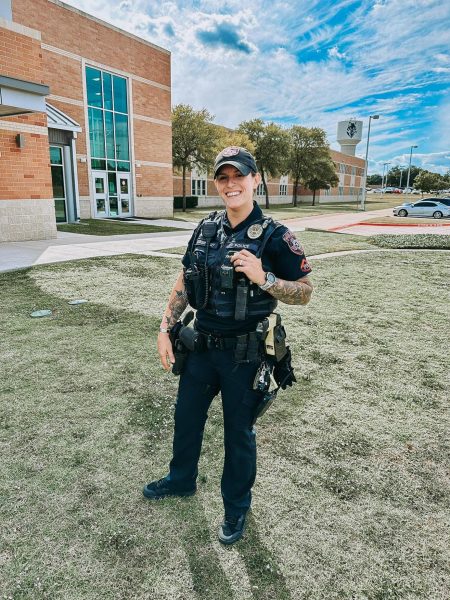



![Whereas classical art depicts a scene and tells a story, often of mythology or religious references, artists of modern times focus more on expressing ideas and feelings. The style of back then has since been replaced by splashes of color, curvy lines and other new art techniques. "[Over time] I think art has shifted more to emotion rather than human beauty, " sophomore Braeden Murray said. "Modern art is significantly more abstract and doesn't have an obvious theme in mind. Very simple shapes, no people to be seen, and more colorful. I think in the older [time period] the art was definitely more human based, with biblical [references] while modern art is more emotion based because it's not depicting a particular scene or action that's happening.”](https://cphswolfpack.com/wp-content/uploads/2023/02/2023-vs-1503-300x200.png)


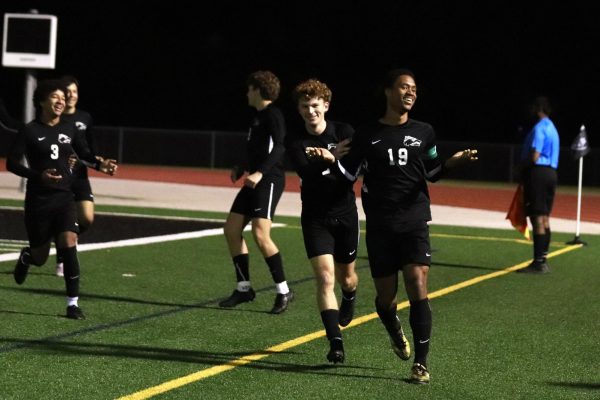



Robyn • Dec 20, 2020 at 12:51 am
Dope piece.